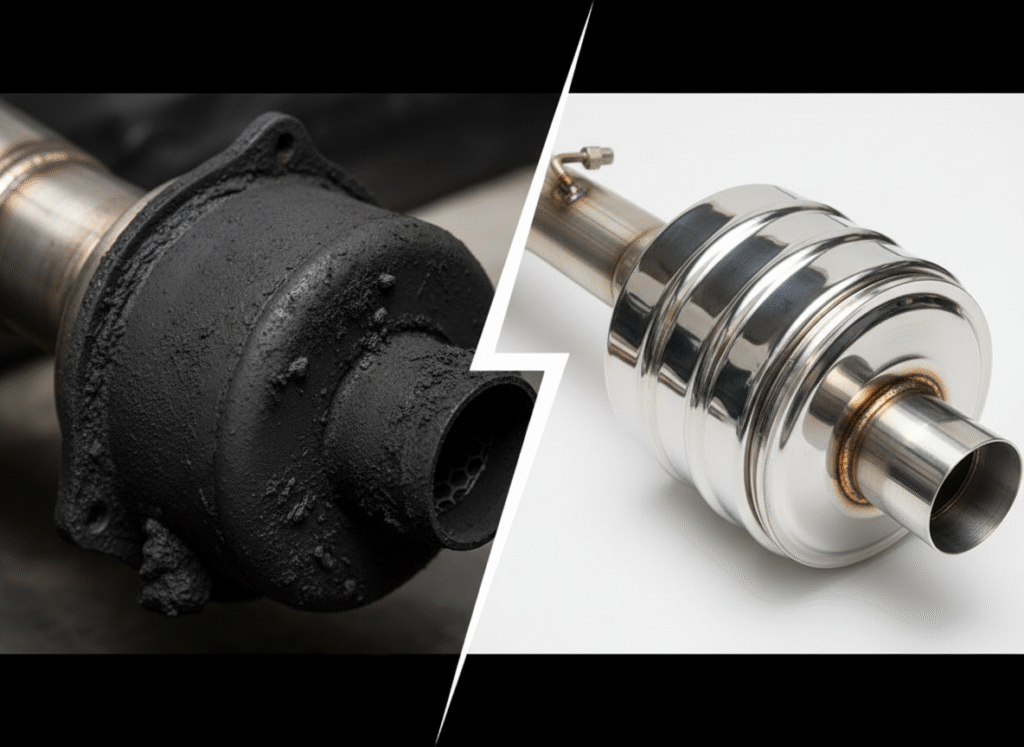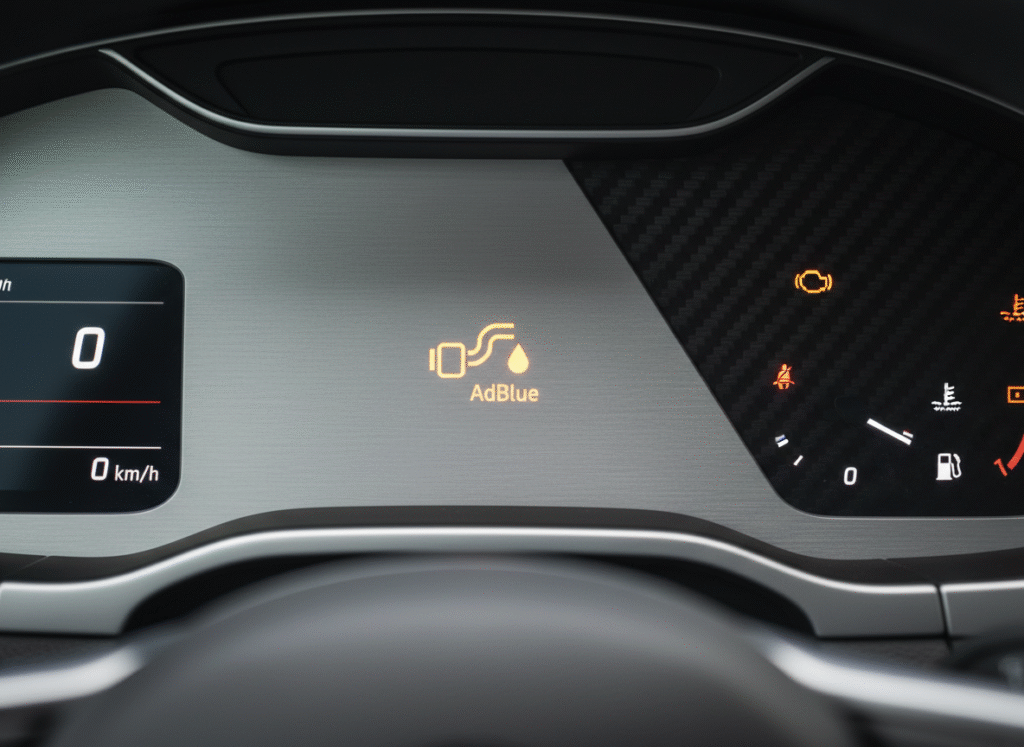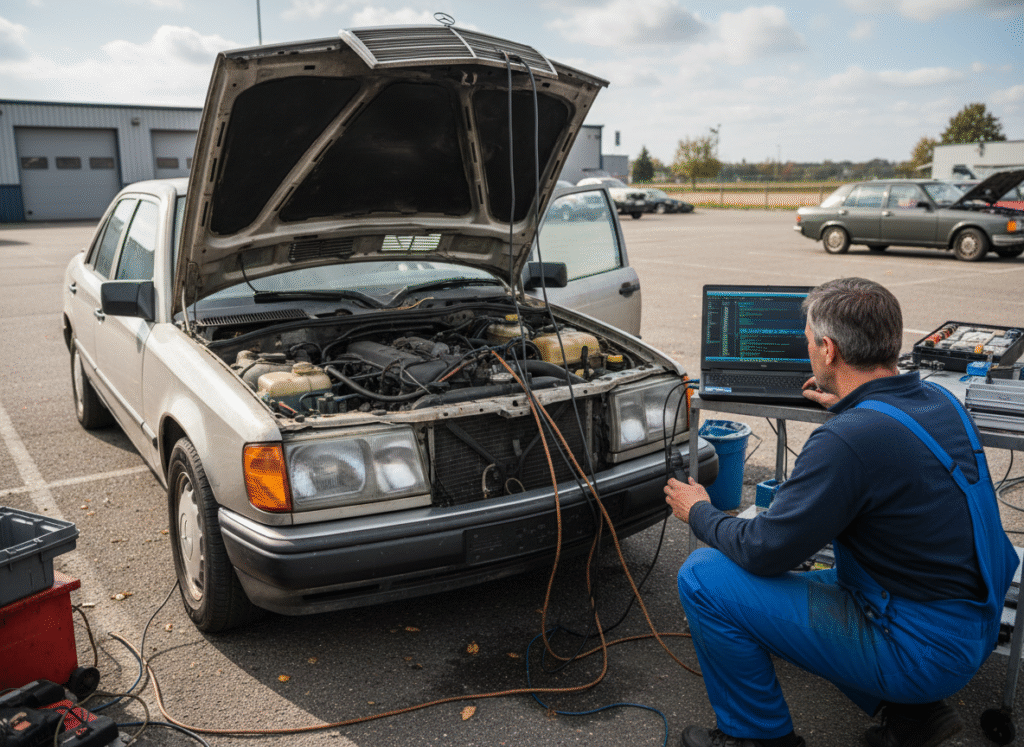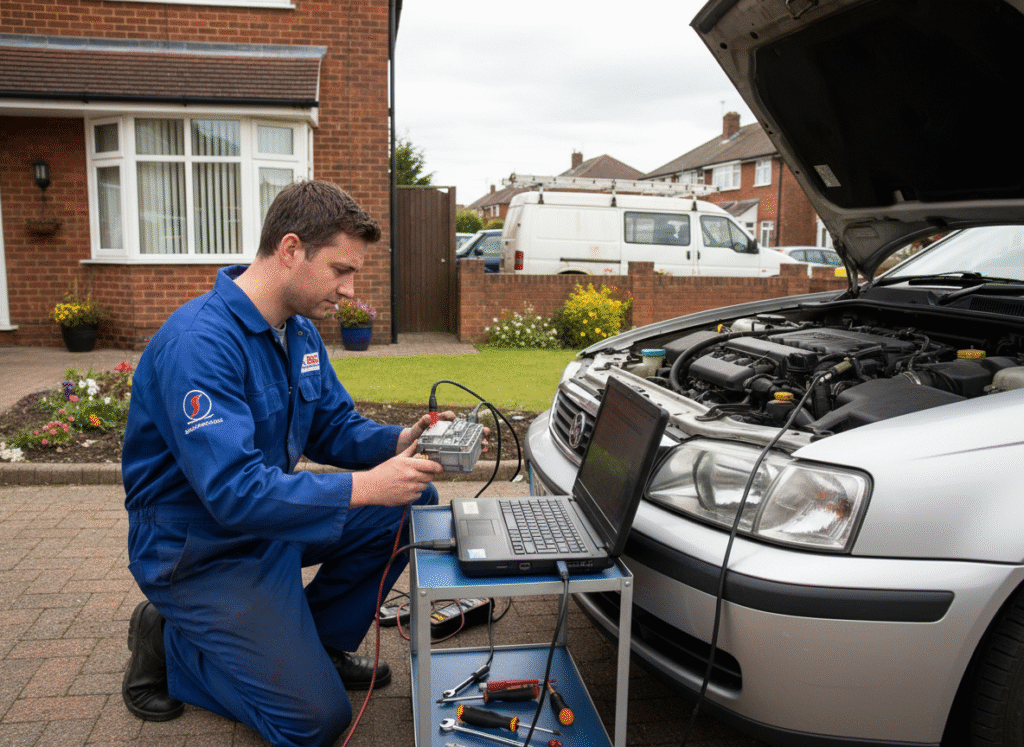Introduction
Car engine remapping is a popular modification among automotive enthusiasts and everyday drivers alike. It involves altering the vehicle’s engine control unit (ECU) to enhance performance, improve fuel efficiency, or adapt to modifications like new exhaust systems or air intakes. However, while remapping can offer significant benefits, it also comes with potential drawbacks. This article explores the advantages and disadvantages of car engine remapping, helping you make an informed decision about whether it’s the right choice for your vehicle.
Understanding Engine Remapping

What is Engine Remapping?
Engine remapping refers to the process of reprogramming the ECU to modify the vehicle’s performance parameters. This is done by altering the software that controls engine functions such as fuel injection, ignition timing, and boost pressure. Remapping can be performed using specialized software and tools, often requiring professional expertise to ensure optimal results.
How Does it Work?
The remapping process involves connecting a diagnostic tool to the car’s OBD-II port. The technician then downloads the existing ECU map, modifies it based on desired outcomes, and uploads the new map back to the ECU. Depending on the vehicle and the specific remap, changes can range from simple adjustments to complex recalibrations.
Advantages of Car Engine Remapping
1. Improved Performance
One of the primary reasons drivers opt for remapping is the significant increase in performance. A well-executed remap can boost horsepower and torque, providing a more responsive driving experience. This is particularly appealing for performance vehicles or those equipped with turbochargers.
2. Enhanced Fuel Efficiency
Contrary to the belief that performance upgrades always lead to higher fuel consumption, many drivers experience improved fuel efficiency after remapping. By optimizing the fuel-air mixture and improving combustion efficiency, remapping can help you get more miles per gallon, making it a cost-effective solution over time.
3. Customization Options
Remapping allows for a high level of customization tailored to your driving style. Whether you prefer a sporty driving experience or a more relaxed, economical ride, a professional remap can be adjusted to suit your preferences.
4. Compatibility with Modifications
If you’ve made modifications to your vehicle—such as installing a new exhaust system or cold air intake—remapping can optimize your ECU to work in harmony with these changes. This ensures you maximize the performance benefits of your upgrades.
5. Increased Resale Value
A well-done remap can potentially increase the resale value of your vehicle. Buyers often seek vehicles with enhanced performance and efficiency, and a reputable remap can be an attractive selling point.
Disadvantages of Car Engine Remapping
1. Warranty Issues
One of the significant drawbacks of engine remapping is the potential impact on your vehicle’s warranty. Many manufacturers consider remapping to be a modification that voids the warranty, particularly if it leads to engine problems. It’s crucial to check the terms of your warranty before proceeding with a remap.
2. Potential for Engine Damage
Improper remapping can lead to engine damage or failure. If the new map is not calibrated correctly or if the vehicle is pushed beyond its limits, it can result in increased wear and tear or even catastrophic failure. Therefore, it’s essential to have the work done by experienced professionals.
3. Increased Emissions
While some remaps can improve fuel efficiency, others may increase emissions, which can lead to environmental concerns and potential legal issues, especially in regions with strict emissions regulations. It’s important to ensure that the remap complies with local laws.
4. Possible Reduced Reliability
Enhanced performance may come at the cost of reliability. Some drivers report that after remapping, their vehicles become less reliable, particularly if the remap pushes the engine beyond its intended operating parameters.
5. Limited Gains on Older Vehicles
The benefits of remapping are often more pronounced on modern vehicles with advanced ECU technology. Older vehicles may not experience the same level of performance increase, and the gains may not justify the cost of remapping.
Choosing the Right Remapping Service
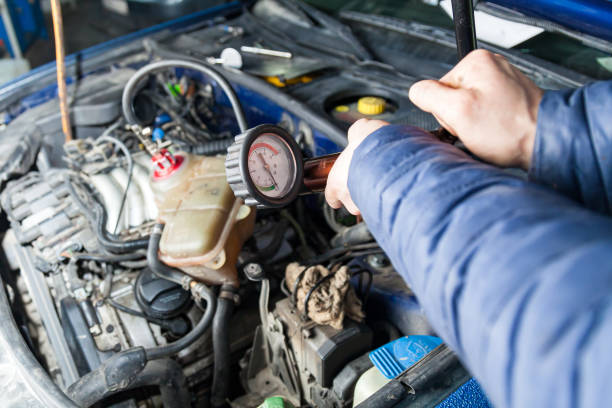
1. Research Reputable Providers
If you decide to go ahead with engine remapping, it’s vital to choose a reputable provider. Look for companies with positive reviews, a track record of successful remaps, and a commitment to quality. Leicester Remaps, for example, is known for its professional service and customer satisfaction.
2. Ask About Experience and Expertise
Ensure that the technicians performing the remap have the necessary experience and qualifications. A skilled technician will understand the intricacies of different vehicle models and can tailor the remap to maximize benefits while minimizing risks.
3. Consider Customization Options
Not all remaps are created equal. Discuss your specific goals with the provider and inquire about the level of customization they offer. A tailored remap can yield better results than a generic one-size-fits-all approach.
4. Understand the Process and Aftercare
Before committing to a remap, make sure you understand the process and what to expect. Inquire about any aftercare services offered, such as follow-up checks or adjustments, to ensure that your vehicle continues to perform optimally.
Conclusion
Car engine remapping presents a compelling opportunity for drivers seeking improved performance and efficiency. While there are numerous advantages, such as enhanced power, better fuel economy, and customization options, it’s essential to consider the potential disadvantages, including warranty implications, risk of engine damage, and emissions concerns. By thoroughly researching and selecting a reputable remapping service, you can make the most of this modification while minimizing risks. Whether you’re looking to boost your vehicle’s performance or simply enhance your driving experience, engine remapping can be a valuable investment when done correctly.



